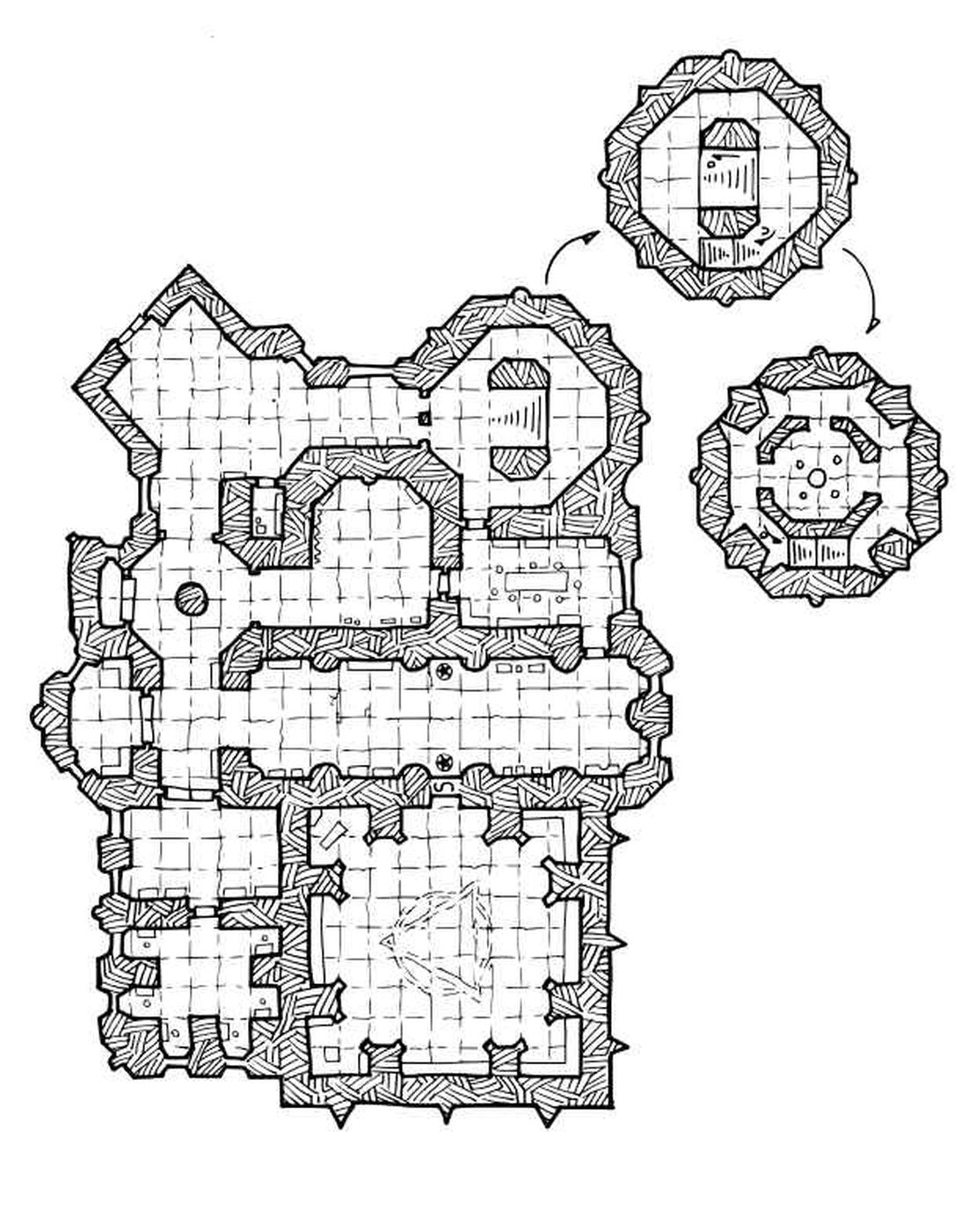Open Source RPGs
- Malin Freeborn
- March 29, 2024
New RPG creators and tech-startups both enjoy giving themselves the badge of ‘open source’ without having to open up a single source file. In the tech world, they call the company ‘Open AI’, and in the RPG space, they call their licence the ‘open gaming licence’, or simply declare they have an ‘open RPG’, then let people infer their good intentions from the name alone. This shallow illusion has bamboozled just as many RPG enthusiasts as tech optimists.
As a result, finding other open-source enthusiasts has been a chore rather than a joy, because every search summons a storm of lies as a thousand RPGs proclaim themselves ‘open’ before pulling ’the old switcharoo’, as they hand over a plain-text document, and declare magnanimously that people may reference that text. But after years of digging past false promises, I’ve found a small handful of RPGs which really do have available source-files, which anyone can modify.
Chronicles
Chronicles is a completely open source RPG, written in Markdown. The plain text base allows it to output to epub, pdf, and html.
Knave
Knave, like many other RPGs, uses a Creative Commons 4.0 licence. But unlike many others, it actually has a source file which comes with the pdf.
Unfortunately, the Creative Commons only require redistribution of the output files. This means that when someone created the Rascals RPG, the resulting pdf fell under the same Creative Commons licence, but did not give anyone the legal right to also receive the source files. So if you want to modify the Rascals RPG, you will have to guess at every change made to the Knave source file, and then make those changes.
Cairn
Like Knave, Cairn comes with source files when you buy it. Those source files are, unfortunately, Affinity Publisher files, however, this still counts.
Luckily, Cairn’s Github page seems to have all of the basic source files required for a game.
Halberds & Helmets
Halberds and helmets has the lot, including a couple of adventures. It’s a minimalist 2D6 roll-under system (top score!).
Winterwold
Winterwold and the related books are under CC-BY-SA, and come with their source files. The source files are all .docx, which isn’t great - but these are the source files, and you are allowed to change them.
BIND
And of course, BIND currently has four people working on it, and we hope you’ll join.
So that’s it. I’ve found six open source RPGs in English.
Definitions
‘Open Source’ refers to source files which remain open to change by anyone. They have no restrictions (except a few minor stipulations, which will not stop anyone from changing the source files, and printing off a new book).
Reasons for Disqualification
- Claiming to have an open source RPG, then sneakily handing over a plain text file, instead of the RPG and its source files.
- Lying to people about being open source, e.g. Open Legend .
- Disallowing someone from modifying the book, by including some files with a proprietary licence, e.g.
Basic Fantasy
or
Open Adventure
.
- Basic Fantasy seems to be putting in some real effort to going 100% Creative Commons. Since the source files are already available, it may soon become an open source RPG.
- Open Adventure is particularly bad, as the repository comes with a
LICENCEfile, which states that the repository is under a Creative Commons licence. The book’s intro, however, contradicts this, by mentioning that the art is not covered by this licence.
- Using the Open Gaming Licence, because the OGL is not open source .
- Into the Dungeon: Revived is an update to Into the Dungeon. Despite the open-source spirit (and available source-files), it inherited the non-commercial licence from Into the Dungeon.
In Development
Uune
Currently in beta , but coming along fast.
Uune is a table-top roleplaying game, designed around giving players the agency to make things happen if they can pull together the resources to succeed. Uune is also a meta-game, featuring a smaller set of core rules designed to be extended by other modules specific to your game.
Benrob runs playtesting games on discord. Check the site for open sessions.
Delver
Delver is something to do with dungeons.
Siren
Written in LaTeX, Siren provides the classic open source experience.
